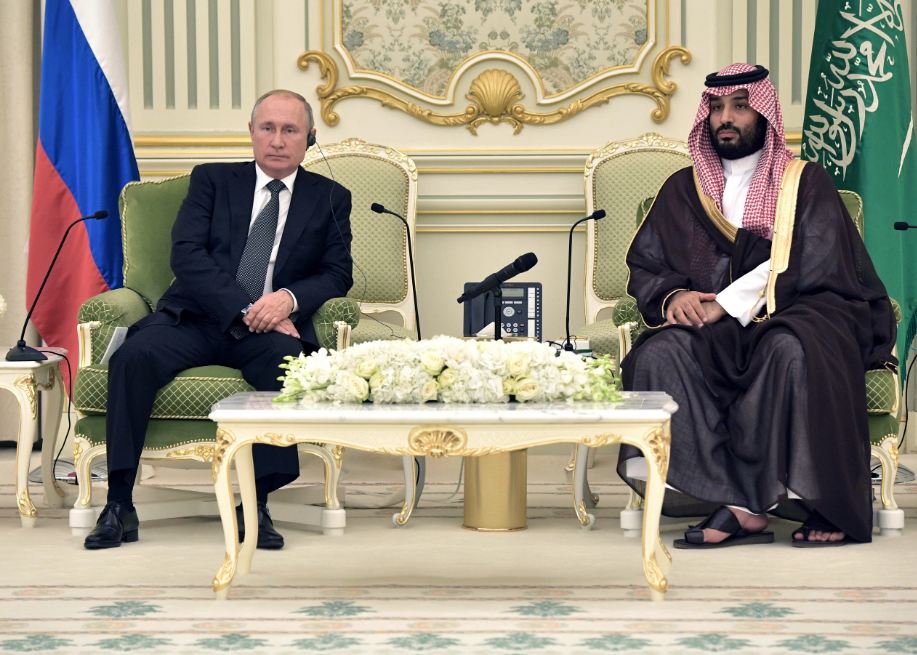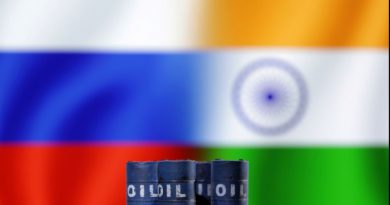What comes next after the stunning agreement between Iran and the IAEA? – evaluation
Earlier in March. Just a few weeks prior, Iran had been caught red-handed enriching uranium to an extreme level of 84%, which was the closest it had ever dared to come to 90% weaponized uranium for a prospective nuclear bomb.
A dramatic agreement was then reached between the Islamic Republic and the IAEA just before the IAEA Board of Governors was set to announce a third strong condemnation of Iran and possibly submit the country to the UN Security Council for global snapback penalties.
A month later, there are indications that the drama was once more staged and that Tehran may have duped the IAEA and the West once more.
Rafael Grossi, the director-general of the IAEA, had stated in early March that there would be intense interactions within seven to ten days to ensure that the ayatollahs honoured their obligations, but nothing has happened, at least officially.
What is the situation with Iran and the IAEA?
Regarding which IAEA inspection activities have been resumed and which have not, we have not been given any precise information. We are unaware of any fresh justifications the Islamic Republic has offered for its prior nuclear military capabilities.
Nobody has also claimed that Iran’s enrichment to 84% purity was unintentional and an error. Also, there is no mention of Tehran stopping its relentless progress towards enriching uranium in order to build a nuclear arsenal that may contain four or more nuclear weapons rather than just one or two.
Iranian terror plots are a hot topic in Greece and internationally. Also, numerous analyses have been produced about the likelihood that Israeli bombings in Syria killed members of the Islamic Revolutionary Guard Corps.
Commentators frequently discuss the effects of Iran’s new agreement with Saudi Arabia.
But, it appears that the IAEA and the West are unwilling to discuss Iran’s growing nuclear threat.
The shocking aspect of the situation is that Tehran has been playing this game intermittently with the West ever since the Mossad discovered Tehran’s nuclear secrets in 2018 and made it plain to everyone that the ayatollahs were still keeping nuclear secrets hidden.
There were some hints in March that possibly the ayatollahs will eventually provide the IAEA with more concrete information regarding their nuclear past.
In spite of the fact that he often only meets with Iran’s nuclear leader or, at best, its foreign minister, Grossi did manage to arrange a rare encounter with that country’s president, Ebrahim Raisi.
Meanwhile, the IAEA director himself made general remarks about resuming full surveillance and increasing inspections at Iran’s Fordow nuclear plant by around 50%.
Iran recently enriched certain particles at its nuclear facility at Fordow to an 84% level.
Even the claims that Grossi had contact with Iran’s nuclear scientists varied. The IAEA might have finally gotten the real deal with that access.
However, even in the first days following the agreement, Iran’s officials halted all communication with the scientists and new visits to the disputed nuclear sites, making it clear that any new access at Fordow was only related to the 84% issue. This was done as soon as it became clear that the IAEA Board of Governors would not refer the Islamic Republic to the UN Security Council.
Tehran may have done all of this in an effort to perplex the West once more.
Tehran currently appears to have merely provided a small amount of further transparency at Fordow and restored a small amount of nuclear surveillance, but it continues to rebuff inquiries about its nuclear secrets, both past and present.
There appears to be a dwindling hope for a serious settlement with US President Joe Biden being more than halfway through his term and the window when Iran could ensure economic growth.
The IAEA Board might certainly warn Iran once more in June. Nevertheless, given that the West has repeatedly demonstrated that it is unwilling to square off against the ayatollahs, why should it be taken seriously?
Instead, it is becoming evident that the West will allow Iran to get close to having a nuclear weapon as long as it is not thought to be rushing to get one.
Will the West truly have the guts to resist the Islamic Republic if it makes that final assault while everyone is preoccupied, or will Jerusalem be left to handle it?


